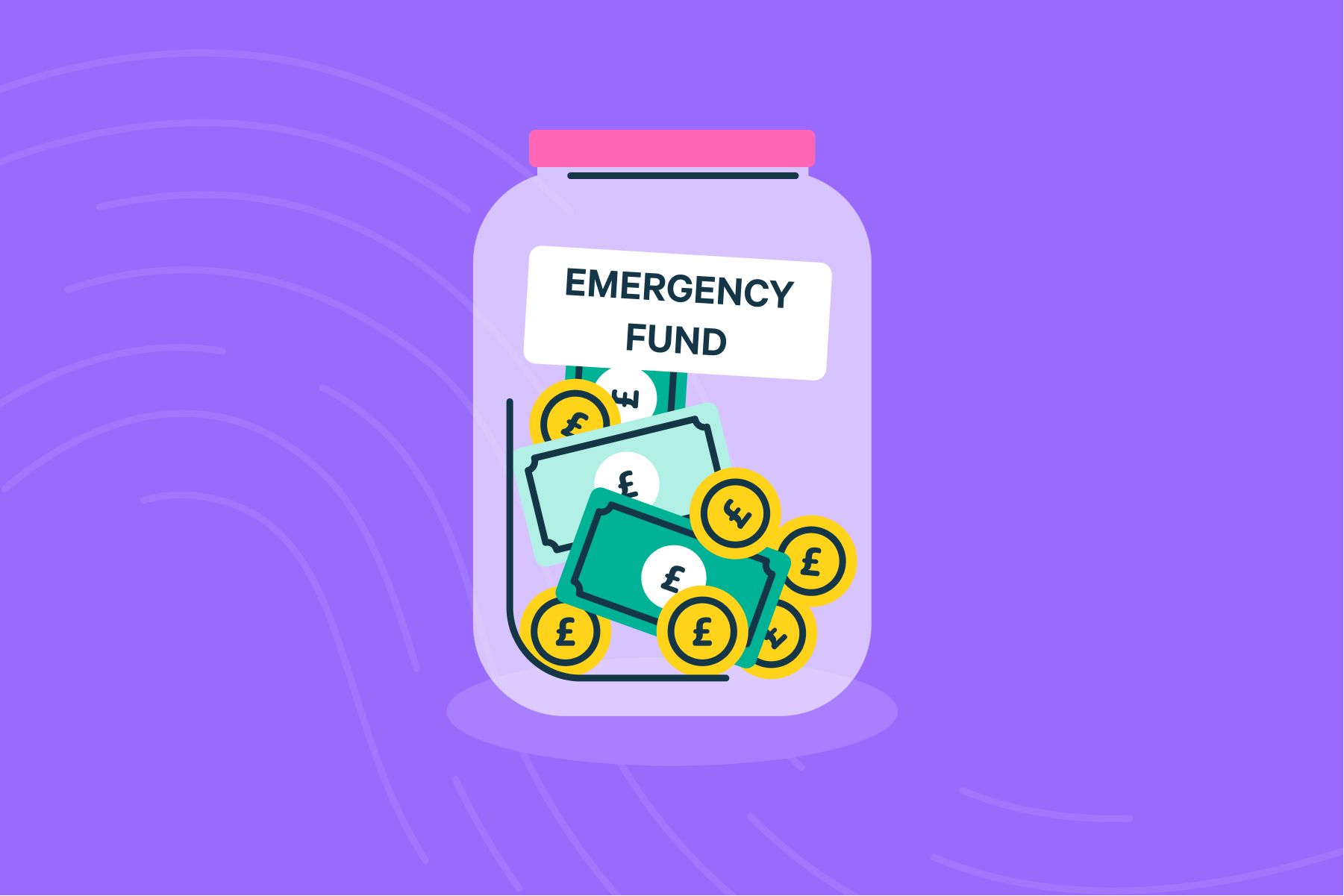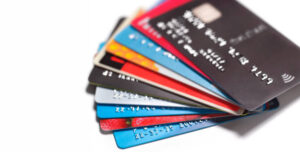What is an Emergency Fund?
A cash reserve, primarily set aside for unforeseen costs or financial emergencies, is an emergency fund. You can use your emergency funds for large or small unanticipated obligations or payments that are not a regular component of your monthly spending. For Example- A sudden car expense, hospital expense, or any purchase.
Why do you need an emergency fund?
- To avoid a burden on your monthly expenditures
- To focus on the problem instead of thinking about money. For Example- If you fall ill and get hospitalized. You can focus more on recovery than thinking about money.
- Removes the need for debt. However, having credit lines like friends, family, etc., having an emergency fund gives you more freedom.
- More freedom in day-to-day life when you are confident that your emergency needs have been taken care of
- Emergency needs can give a sudden setback to your financial plans.
How much emergency fund do you need?
Qualitative Way:
- It depends on your needs. You probably need a smaller fund if you live a frugal life and save a lot. However, a person with high expenditures (considering necessary obligations) will need a higher emergency fund.
- It depends on your occupation. A stable and prosperous cash flow might need a lesser fund than someone with a volatile income source.
- It depends on how many dependents you have. A family of 8 dependent on one person, as against a family of 5 dependent on one person, will need a higher emergency fund, considering other factors are similar.
- It depends on the stage of life you are at. For a young person, a less amount of emergency fund can work because of
- It depends on your historical needs. For example- The average emergency amount required in the past 2-3 years can be the minimum amount you need.
- It also depends on how many reliable sources of credit lines you have. If you have a working partner, close friend, or family member who can provide you enough liquidity in times of need, you might need less emergency funds. On the other hand, if you don’t have any such reliable source, you need a substantial emergency fund.
Quantitative Way:
- Calculate monthly expenses.
- Find the number of months for which you might need this fund. It can depend on the employment in your country. It also depends if you are looking for a career change. In that case, you might need the funds for a longer term.
- Monthly Expenses (1) * Number of months (2).
- You can increase this amount yearly with the % increase in your income/expenses.
How to build an emergency fund?
- Have a target (amount+time)- Have a clear target of how much you want to save, the period within which you want to save, and how long this emergency fund can support you.
- Be a little frugal for some time- Building a good emergency fund is the first step towards financial planning. Start reducing your expenses and save for the rainy day first.
- Save from extra earnings- If you are an employee, try saving your bonuses. You can also save any windfall gains.
- Loosen up some liquidity- If you have many hard assets like real estate, long-term funds, etc., they might be unable to help you in emergencies. Sometimes, getting a loan against these assets can take time. Having an excellent liquid asset is crucial to a sound financial plan.
- Don’t scrunch up your expenses too much- Saving is good, but don’t end up saving for your emergency fund in such a way that your daily life starts becoming terrible.
- Know your close ones well so that you know if they might need money soon- Having reliable sources of liquidity is very important in times of need. Sometimes, even the emergency fund might need to be more.
- Sell any unnecessary assets you own- If you own some unnecessary marketable items. You can sell them to create liquidity.
- Select an excellent instrument to keep it in. Short-term instruments might give low returns, but they provide safety and security to your investments.
- Understand you need long-term and short-term assets- Do invest in long-term assets. However, these short-term assets, like emergency funds, can help you meet your immediate needs. It also gives you a more peaceful life than using every penny to build a long-term asset.





